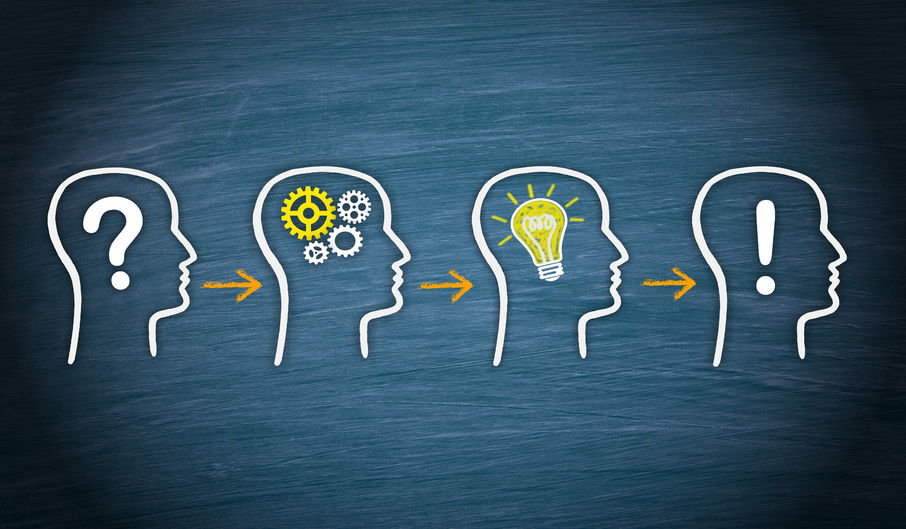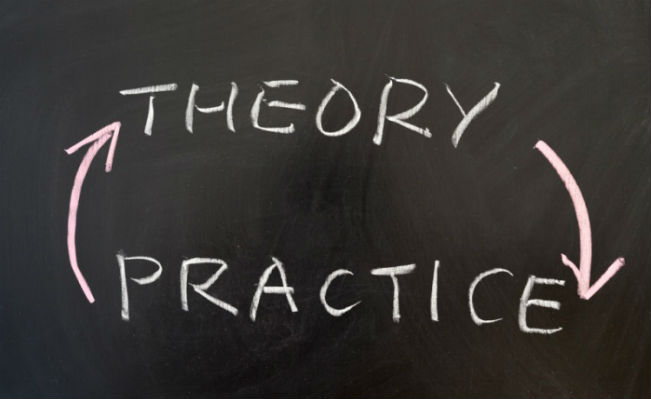Ever had a breakdown or a family member had one? Where did you go for a check-up? Did you try to go to a nearby psychiatrist for a consultation? You may have talked to a psychiatrist practicing Clinical Psychology. Here’s what you should know about Clinical Psychology and its difference from other branches of psychology.
Clinical Psychology
As defined by American Psychological Association, Clinical psychology is a psychological specialty that provides continuing and comprehensive mental and behavioral health care for both families and individual. They also do consultations to agencies and communities and provides training, education and supervision regarding mental health. It is also concerned with the practical applications of research methodologies and findings in the diagnosis and treatment of mental health disorders.
How to be a Clinical Psychologist
In order to gain the title of a Clinical Psychologist, you have to earn a four-year undergraduate degree at any university that offers a Bachelor of Science major in psychology, education or sociology. But if you changed your mind after finishing any undergraduate study, you can still continue pushing for an additional degree.
You’ll need to get a master’s degree in psychology in order to enter the field of Clinical Psychology which may take at least 1 or 2 years. Some finishes another 5-6 years to gain a doctorate on psychology. Some program requires a year of internship in professional psychology as part of the doctoral program.
If you are earning a PhD in psychology, you’ll need to complete a 3-year residency training program under a practicing clinician to be called a Doctor of Clinical psychology. There are licensing and certifications for psychologist that depends on the state’s guidelines.
What does Clinical Psychologist do?

The clinical psychologist does consultations with their clients to guide them by identifying their problems (mental, emotional and behavioral) that might have been affecting how they dealt with their lives. They usually give psychological test, interview and even observes the client during the whole hour that they are interacting with each other. Finally, they figure out the circumstances together and create a program of treatment that fits the patient’s problem.
At work the clinical psychologists:
- Identify possible psychological, emotional or behavioral problems that the patient is experiencing.
- Diagnose the psychological, emotional or behavioral disorders through the use of DSM-V.
- Develop and implement treatment plans and its therapeutic processes that is in accordance with the treatment guideline for such disorder.
- Helps the clients to define their goal and create a plan of action that can help achieve their personal, social, educational and vocational development and adjustment.
- Monitor the patient’s progress or improvement all throughout the treatment through regular meetings or sessions.
- Teach classes regarding the wonders of the psychological brain and mental health.
- Conduct researches to broaden the knowledge regarding mental health.
- Publish the research findings in industry journals and promote use of various treatments that was backed up by these studies.
Theoretical Methods

Clinical psychologists utilize different approaches to patients during consultations and treatment. Some clinicians prefer to focus on a very specific treatment outlook that involves getting ideas from different theoretical methods to develop individualized treatment for patients.
Here are the major theoretical perspectives of clinical psychology:
Psychodynamic Approach – This approach focuses on the human functioning and their interaction with the drives and forces within a person, especially the unconscious. It also emphasizes the systematic study of factors that affects the human’s behavior, feeling and emotion which might relate to their early experiences in life especially in childhood. This approach originated from Sigmund Freud during the late 19th century where he suggested that psychological processes are flows of psychological energy in the complex brain.
Cognitive-Behavioral Approach – This practical approach focuses on changing the patterns of thinking or behaviors that might be behind a person’s problems. It is often used for patients who are suffering from sleeping difficulties, relationship problem, anxiety, depression and substance abuse. It works by changing the client’s attitude and behavior by focusing on their thoughts, images, beliefs and attitude and how these processes relate to the way a person behaves especially when dealing with their personal problems.
Humanistic Approach – This approach is a perspective that emphasizes looking at the whole individual and stresses concepts such as free will, self-efficiency, and self-actualization. Abraham Maslow and Carl Rogers’ theories greatly contributed to the better understanding of oneself. They emphasize the importance of free will and self-determination and how it helps make a person the best version of themselves.
